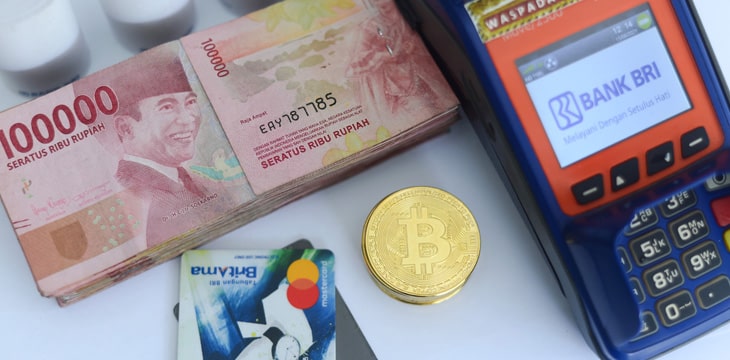|
Getting your Trinity Audio player ready...
|
Bank Indonesia Governor Perry Warjiyo has revealed the institution’s position towards central bank digital currencies (CBDCs), saying it will be escalating efforts toward their development.
Warjiyo disclosed his stance in a speech at the bank’s annual meeting on December 3, telling attendees that the digital rupiah will be used for “various digital economic and financial transactions.” Bank Indonesia had previously released a white paper containing plans for the CBDC development after months of speculation.
According to the white paper, the central bank will be probing the potential of a wholesale CBDC offering dubbed Project Garuda to improve interbank transfer statements. Warjiyo revealed that the digital rupiah would explore the possibilities of cross-border transactions by being “integrated, interconnected, and interoperable” with CBDCs of other nations.
“Collaboration and synergy on the national and international level are critical to the development of the digital rupiah,” Warjiyo said.
His comments are coming at a time when central bank governors of New Zealand, Hong Kong, and South Korea congregated in Thailand to cross-pollinate ideas over the role of central banks in the face of distributed ledger technology (DLT) in finance. Although there is a consensus on the importance of CBDCs, opinion remains divided over the use of virtual currencies alongside national legal tender.
Warjiyo remains wary of virtual currencies and is pushing for the digital rupiah to be the “only legal digital tender” in the country. At the moment, there is a blanket ban on the use of digital assets for payments in Indonesia, but speculative trading appears to be legal and is regulated by the country’s Commodity Futures Trading Regulatory Agency.
Toeing the same path as China’s
Warjiyo’s comments might have drawn inspiration from China’s imposition of a blanket ban in the summer of 2021. The decision by Chinese authorities to ban the asset class closed the lid on using virtual currencies for payments or trading.
Mining of digital assets was declared illegal, and miners migrated to new jurisdictions while industry service providers shut down their operations. China’s decision to impose a blanket ban has been linked to the need to increase the adoption rates of its CBDC, the digital yuan.
Since the ban, China’s digital yuan has reached transaction volumes of over $10 billion in the last 12 months, and wallet downloads exceed 200 million. Furthermore, the pilot has been extended to more provinces as the People’s Bank of China (PBoC) aims to consolidate the digital yuan’s position.
To learn more about central bank digital currencies and some of the design decisions that need to be considered when creating and launching it, you are going to want to read nChain’s CBDC playbook.
Watch: The BSV Global Blockchain Convention presentation, CBDCs and BSV

 02-12-2026
02-12-2026 




